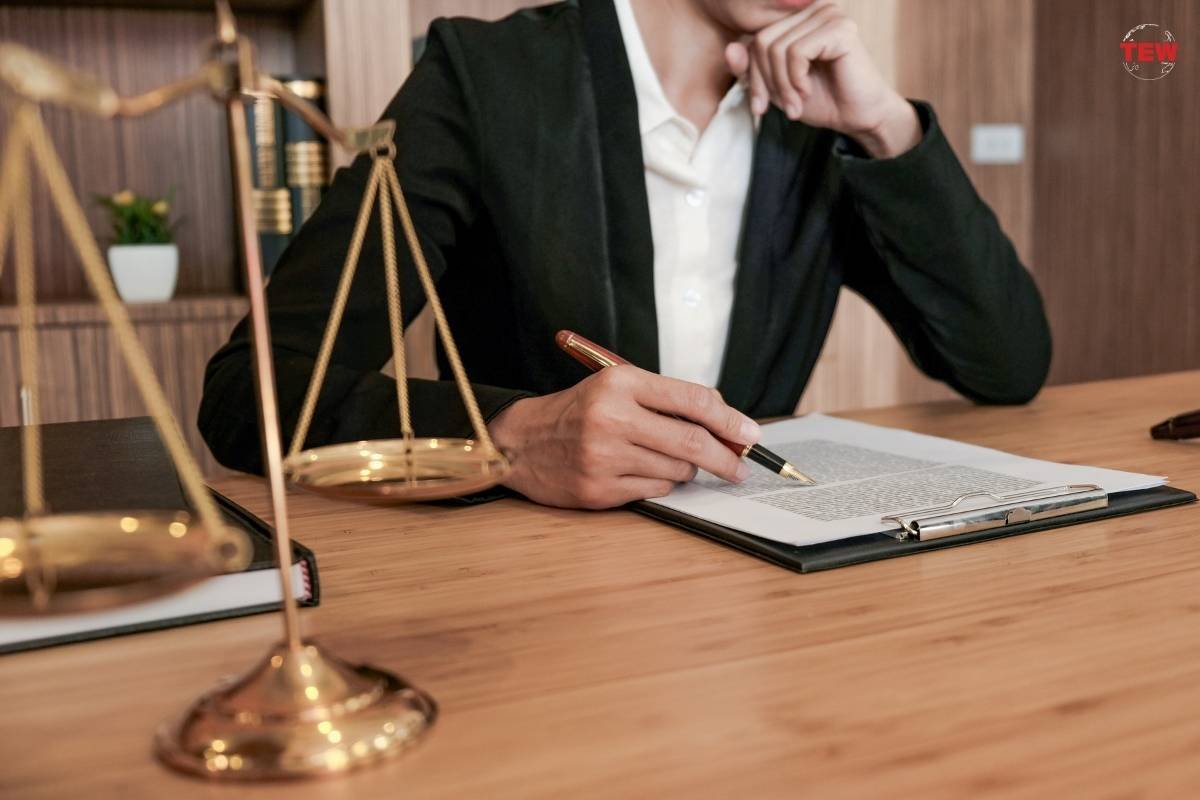A criminal lawyer who excels is known for having exceptional communication skills and can clearly outline all of your legal options and likely outcomes for your case. Furthermore, they will keep you updated throughout its progress.
Empathy is another essential skill for criminal defense attorneys, as they must understand the feelings of their clients to create a solid defense on behalf of each.
Here are the top 5 qualities to look for in a skilled criminal lawyer:
1. Experience
An experienced criminal lawyer in Toronto offers invaluable experience and insight, gained through years of practice. If you need legal assistance for a DUI or murder charge, finding one with proven results for their clients is key.
Under pressure, lawyers need to think quickly under scrutiny and sift through vast amounts of data in order to identify key components in any given case. A defense attorney could unearth an overlooked security camera angle that substantiated their client’s innocence during theft investigations, for instance.
The legal profession is notoriously competitive, requiring both time and effort to reach the top. Reputable attorneys possess leadership abilities that allow them to lead teams efficiently while meeting deadlines on time and creating a positive work environment.
An essential quality in any good lawyer is their availability. A reliable criminal defense attorney must respond to emails and phone calls quickly while meeting regularly with clients throughout the legal process in order to address questions and concerns efficiently, while simultaneously building trust within client-lawyer relationships.
In addition to these qualities, a seasoned criminal lawyer serving Scarborough understands the nuances оf local courts and jurisdictions, providing strategic representation tailored to each client’s specific needs.
2. Good Communication Skills
Experienced criminal lawyers serving Scarborough will have the ability to explain legal concepts in an understandable manner that is accessible to clients, judges, and juries alike. This requires strong verbal and written communication skills – which is paramount in this profession.

Criminal lawyers must communicate with clients empathetically and respectfully when discussing their cases. A reputable attorney should also be upfront with potential risks involved with prosecuting someone and will keep clients up-to-date regularly as well as be readily available should any questions arise.
Criminal lawyers typically work on multiple cases at once, so they must have the ability to effectively manage their time and prioritize tasks while operating within an ever-evolving environment. They should also have effective means of handling stress through mindfulness practices such as maintaining a healthy work-life balance or seeking professional assistance when necessary. Receiving feedback from both colleagues and clients in a constructive manner allows criminal lawyers to improve performance while developing lasting attorney-client relationships.
3. Negotiation Skills
Criminal attorneys need the ability to negotiate effectively in order to secure optimal outcomes for their clients. Negotiations require understanding the strengths and weaknesses of both cases, using mitigating factors effectively and advocating for reduced charges or sentences.
Experienced criminal lawyers serving Scarborough must also possess excellent writing abilities for legal documents and briefs, clearly communicating their client’s position while clearly explaining complex legal matters in an understandable manner.

Critical thinking is a must for a criminal defense lawyer, as it enables them to quickly assess complex legal issues and develop innovative arguments on behalf of their client’s cases. A good critical thinker might identify flaws in evidence collected through scientific testing or inconsistencies between witness accounts. They must be flexible enough to adapt quickly in court when something unexpected occurs – for example, if their client refuses cooperation, quickly developing an alternative strategy on the fly is key.
4. Aggression
Aggression is a behavioral phenomenon with various causes. While often associated with violence, aggression should not be seen as identical to it. Violence can be defined as either physical or verbal aggression; physical forms include kicks, punches, and hitting; while verbal forms include insults, threats, and abuse; other types include hostile or pathological forms aimed at damaging relationships or intentionally hurting someone else – either form can involve harmful words and deeds against another individual.
Walker and Avant have identified several distinguishing attributes of aggression as defined by them, including clenched fists, swearing, an aggressive posture, and feeling ‘butterflies’ in the stomach. This definition captures both its elevated emotions as well as its impulsive nature; especially significant is that people with mental disorders such as schizophrenia and bipolar affective disorder can be susceptible to aggressive behaviors; certain personality disorders have even been linked with violent tendencies.
5. Confidentiality
Criminal lawyers understand the importance of keeping confidential information secret, as any disclosure could lead to identity theft, compromise of accounts and systems, and legal and reputational damage for those exposed. Confidentiality agreements and policies help maintain this practice; examples include Social Security numbers, medical and health information as well as images of staff, pupils or clients that should remain confidential.

Being resourceful involves being able to quickly sift through all the paperwork, physical evidence, and records accumulated for a case in order to find key pieces of information that will make a significant impactful difference in court proceedings. Connecting seemingly disparate details together also enables lawyers to prepare themselves against any surprises in court by having adequate counter-evidence and arguments ready. Lawyers must also be ready for unexpected happenings during trials, such as new forensic evidence being presented or witness testimonies becoming less reliable.




